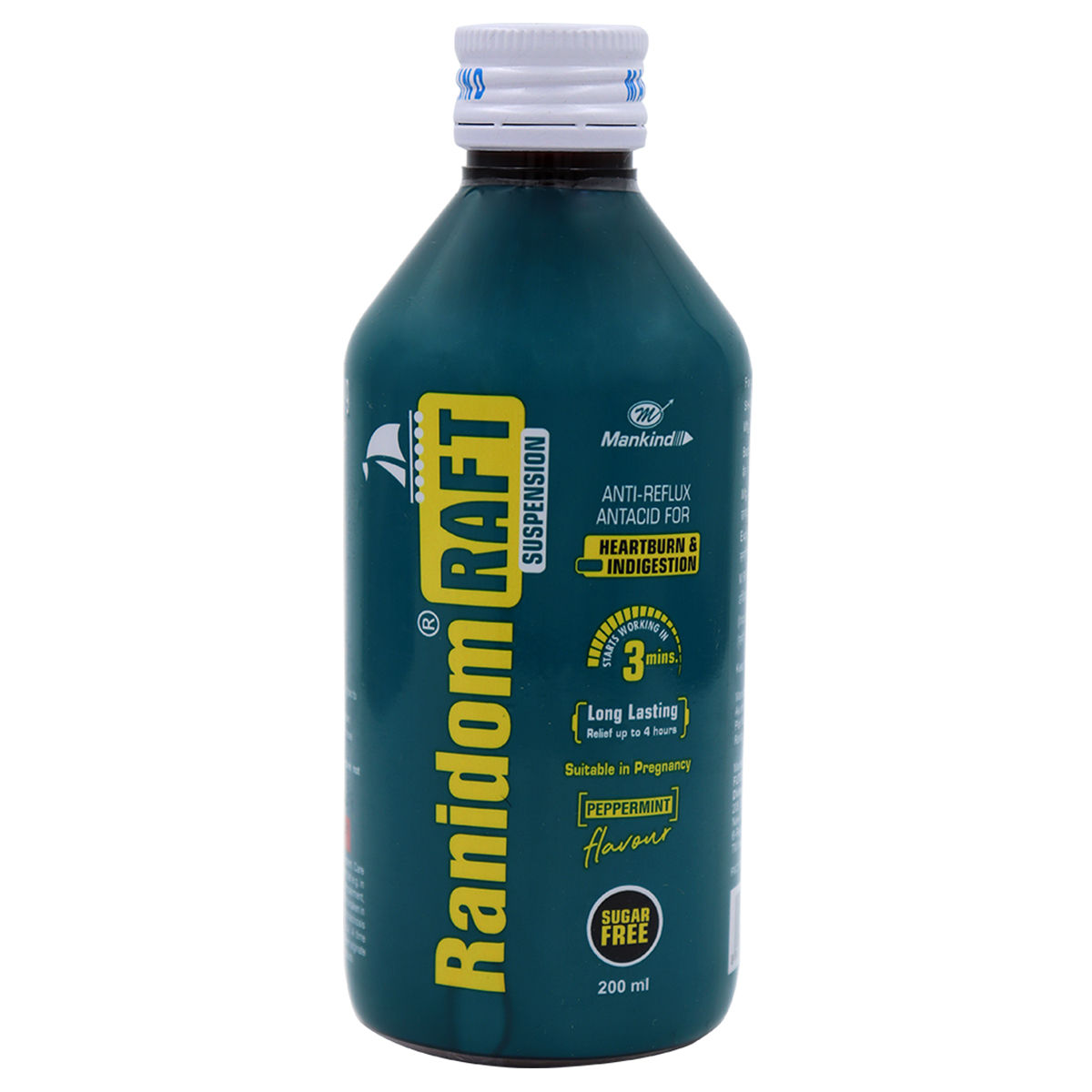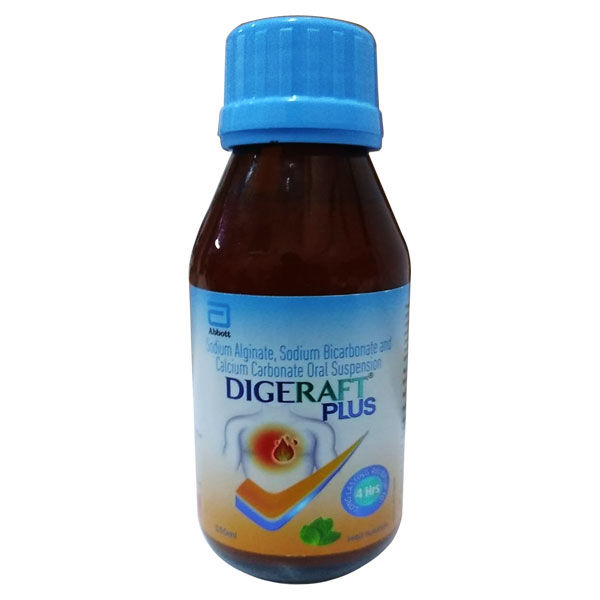Calcium Dobesilate+docusate Sodium
About Calcium Dobesilate+docusate Sodium
Calcium Dobesilate+docusate Sodium belongs to the group of medicines known as 'vasoprotective', primarily indicated in the treatment of constipation, hemorrhoids (piles), varicose veins (enlarged, swollen, and twisted vein), and diabetic retinopathy (damage to light-sensitive the black part of the eye). Hemorrhoids are also known as piles, are a medical condition that happens when veins present in the anus and rectum area (the last part of the large intestine that ends up in the anus) get swell and become painful. The varicose vein is a condition in which veins (a type of blood vessel) become large, swollen especially in feet and legs. Diabetic retinopathy is a health condition that happens when the retina's blood vessels (black part of the eye) get damaged in persons with diabetes.
Calcium Dobesilate+docusate Sodium contains two medicines namely Calcium Dobesilate and Docusate sodium. Calcium Dobesilate+docusate Sodium contains 'Calcium Dobesilate' that improves blood flow in veins (a type of blood vessel) by decreasing the thickness of blood and also relaxes the muscles of the affected part of the body (legs, feet, anus, eyes) by reducing the leakage and fragility of blood vessels. Docusate is a laxative that works by boosting the amount of water the stool absorbs in the gut, producing the stool softer and easier to pass. In this way, Calcium Dobesilate+docusate Sodium provides relief in constipation, piles, varicose veins, and diabetic retinopathy.
Take Calcium Dobesilate+docusate Sodium as prescribed by your doctor. You are advised to take Calcium Dobesilate+docusate Sodium for as long as your doctor has prescribed it for you depending on your medical conditions. You may experience nausea, stomach cramp, diarrhoea, fever, skin rash, headache, vertigo. Most of these side effects of Calcium Dobesilate+docusate Sodium do not require medical attention and gradually resolve over time. However, if the side effects persist or worsen, please consult your doctor.
If you are allergic to Calcium Dobesilate+docusate Sodium or any other medicines, please tell your doctor. To treat your condition effectually, continue taking Calcium Dobesilate+docusate Sodium for as long as your doctor has prescribed. Do not exceed the dose and duration prescribed by your doctor. Inform your doctor about your health condition and medications before taking Calcium Dobesilate+docusate Sodium to rule out any side-effects. Dosage should be reduced in persons dealing with kidney disease. Consult your doctor before taking Calcium Dobesilate+docusate Sodium if you are pregnant or breastfeeding; your doctor will prescribe you Calcium Dobesilate+docusate Sodium only if the benefits outweigh the risks. Calcium Dobesilate+docusate Sodium causes drowsiness, so drive with caution. Calcium Dobesilate+docusate Sodium should not be given to children as safety and efficacy have not been established. Avoid or limit the intake of alcohol while taking Calcium Dobesilate+docusate Sodium.
Uses of Calcium Dobesilate+docusate Sodium
Medicinal Benefits
Calcium Dobesilate+docusate Sodium belongs to the group of medicines known as 'vasoprotective', primarily indicated in the treatment of constipation, haemorrhoids (piles), varicose veins (enlarged, swollen, and twisted vein), and diabetic retinopathy (damage to light-sensitive the black part of the eye). Calcium Dobesilate+docusate Sodium contains 'Calcium Dobesilate' that improves blood flow in veins (a type of blood vessel) by decreasing the thickness of blood and also relaxes the muscles of the affected part of the body (legs, feet, anus, eyes) by reducing the leakage and fragility of blood vessels. On the other hand, Docusate is a laxative that works by boosting the amount of water the stool absorbs in the gut, producing the stool softer and easier to pass. In this way, Calcium Dobesilate+docusate Sodium provides relief in piles, varicose veins, and diabetic retinopathy.
Directions for Use
Storage
Side Effects of Calcium Dobesilate+docusate Sodium
- Nausea
- Stomach cramp
- Diarrhoea
- Fever
- Skin rash
- Headache
- Vertigo
Drug Warnings
Do not exceed the dose and duration prescribed by your doctor. Do not take Calcium Dobesilate+docusate Sodium for longer durations unless prescribed by your doctor. If your condition does not improve even after taking Calcium Dobesilate+docusate Sodium for 2-4 weeks, please consult your doctor. Avoid consuming alcohol along with Calcium Dobesilate+docusate Sodium as it could lead to increased drowsiness. Calcium Dobesilate+docusate Sodium may not be suitable for people with respiratory disease, heart disease, epilepsy, low blood pressure, kidney or liver problems. Inform your doctor if you have stomach pain, nausea, and vomiting. Inform your doctor about your health condition and medications before taking Calcium Dobesilate+docusate Sodium to rule out any side-effects. Consult your doctor before taking Calcium Dobesilate+docusate Sodium if you are pregnant or breastfeeding; your doctor will prescribe you Calcium Dobesilate+docusate Sodium only if the benefits outweigh the risks. Calcium Dobesilate+docusate Sodium causes drowsiness, so drive with caution. Calcium Dobesilate+docusate Sodium should not be given to children as safety and efficacy have not been established.
Drug Interactions
Drug-Drug Interactions: Calcium Dobesilate+docusate Sodium may have an interaction with a pain killer (aspirin), an antidepressant (duloxetine), water pills/diuretics (furosemide), antidiabetics (insulin glargine), antacids (milk of magnesia).
Drug-Food Interactions: Avoid consuming alcohol along with Calcium Dobesilate+docusate Sodium as it could lead to increased drowsiness.
Drug-Disease Interactions: Calcium Dobesilate+docusate Sodium may interact with heart dysfunction, stomach pain, seizures (fits), electrolyte imbalance, liver problems, and kidney dysfunction.
Drug-Drug Interactions Checker List:
Safety Advice

Alcohol
cautionYou are recommended to avoid alcohol consumption while taking Calcium Dobesilate+docusate Sodium. Alcohol intake, along with Calcium Dobesilate+docusate Sodium, may cause increased drowsiness.

Pregnancy
unsafeIt is advised not to take Calcium Dobesilate+docusate Sodium if you are pregnant unless prescribed by the doctor. Your doctor will prescribe Calcium Dobesilate+docusate Sodium only if the benefits outweigh the risks.

Breast Feeding
unsafePlease consult your doctor if you have any concerns regarding this; your doctor will decide whether breastfeeding mothers can take Calcium Dobesilate+docusate Sodium or not.

Driving
cautionCalcium Dobesilate+docusate Sodium may cause drowsiness and vision disturbances; do not drive or operate heavy machinery if you feel drowsy.

Liver
cautionDose adjustment may be needed. Calcium Dobesilate+docusate Sodium should be used with caution in patients with liver impairment/liver disease. Please consult your doctor if you have a liver impairment or any concerns regarding this.

Kidney
cautionDose adjustment may be needed. Calcium Dobesilate+docusate Sodium should be used with caution in patients with kidney impairment/kidney disease. Please consult your doctor if you have kidney impairment or any concerns regarding this.

Children
unsafeCalcium Dobesilate+docusate Sodium should not be used by children, as the efficacy and safety have not been established.
Habit Forming
Diet & Lifestyle Advise
- Eat a healthy and balanced diet, and make sure you sleep at least 8 hours a day for a speedy recovery.
- Try to include heart-healthy omega 3 fatty acid-containing food drinks in your daily diet. You can also use low-fat cooking oil like olive oil, soybean oil, canola oil, and coconut oil.
- Try to fill half your food plate with fruits and veggies. Bananas and yoghurt taken with Calcium Dobesilate+docusate Sodium may help protect your gut lining.
- Opt for food and drinks high in Omega 3 fatty acid to get relief from pain, swelling, and inflammation. Omega 3 fatty acid-enriched foods include flaxseeds, walnut, soybean oil, salmon, and tuna fish if you prefer non-veg.
- Prefer more whole foods and grains instead of processed ones. Limiting starch may also help decrease inflammation.
- Avoid intake of processed foods, foods high in sugar and fat, as these may cause inflammation.
- Limit salt intake and prefer herbs or spices like garlic, ginger, and turmeric, a natural anti-inflammatory.
- Try to avoid alcohol as it can affect your stomach and intestine and limit the absorption of the important nutrients required by your body.
Special Advise
Certain diagnostic tests including digital rectal exams can diagnose haemorrhoids.
Patients Concern
Disease/Condition Glossary
Constipation: When a person passes less than three bowel movements a week or has tough bowel movements.
Haemorrhoids: These are also known as piles, are a medical condition that happens when veins present in the anus and rectum area (the last part of the large intestine that ends up in the anus) get swell and become painful. Piles can be can either be internal or external. Internal haemorrhoids occur within the rectum as the rectum area has fewer pain receptors, less troublesome and painful. At the same time, external haemorrhoids occur at the outside of the anus and are most painful. Some of the common symptoms of haemorrhoids are itching, pain, swelling, and trouble sitting. If proper treatment is not provided at the right time, haemorrhoids become irritated and cause bleeding.
The varicose vein: It is a condition in which veins (a type of blood vessel) become large, swollen especially in feet and legs. Veins are responsible for carrying deoxygenated (low oxygen) blood from other parts of the body to the heart to make it oxygenated. If these blood vessels get weak or damaged, it can cause swelling of veins or varicose veins. Sometimes, varicose veins do not cause any pain, and symptoms at that time included dark purple or blue colour veins, twisted or swelling veins. When painful signs and symptoms occur like heavy feeling in legs, throbbing pain, swelling in lower legs, skin discolouration around a varicose vein.
Diabetic retinopathy: It is a health condition that happens when the retina's blood vessels (black part of the eye) get damaged in persons who have diabetes. Initially, this disease does not cause any symptoms. Still, as this disease progresses, it can cause blurred vision, fluctuating vision, impaired colour vision, dark or empty areas in your vision, and vision loss.
FAQs
Calcium Dobesilate+docusate Sodium is used to treat constipation, haemorrhoids (piles), varicose veins (enlarged, swollen, and twisted veins), and diabetic retinopathy (a complication of diabetes that affects the eyes).
Calcium Dobesilate+docusate Sodium contains two medicines namely Calcium Dobesilate and Docusate sodium. Calcium Dobesilate+docusate Sodium contains "Calcium Dobesilate" that improves blood flow in veins (a type of blood vessel) by decreasing the thickness of blood and also relaxes the muscles of the affected part of the body (legs, feet, anus, eyes) by reducing the leakage and fragility of blood vessels. Docusate is a laxative that works by boosting the amount of water the stool absorbs in the gut, producing the stool softer and easier to pass. In this way, Calcium Dobesilate+docusate Sodium provides relief in constipation, piles, varicose veins, and diabetic retinopathy.
If you miss a dose of Calcium Dobesilate+docusate Sodium, take the missed dose as soon as you remember it. However, if it's almost time for the next dose, do not take a double dose to make up for a missed one.
Do not abruptly stop taking Calcium Dobesilate+docusate Sodium as you might feel a headache or problem with vision, fever, pain in muscles, which are withdrawal symptoms of Calcium Dobesilate+docusate Sodium. Consult your doctor, and your dose be lowered gradually to avoid any withdrawal symptoms.
Available Medicines for
Calcium Dobesilate+docusate Sodium

Ranidom Raft Sugar Free Peppermint Flavour Suspension 200 ml
1 Bottle
₹177.3 (MRP 197)10%Off
cashback: 0








